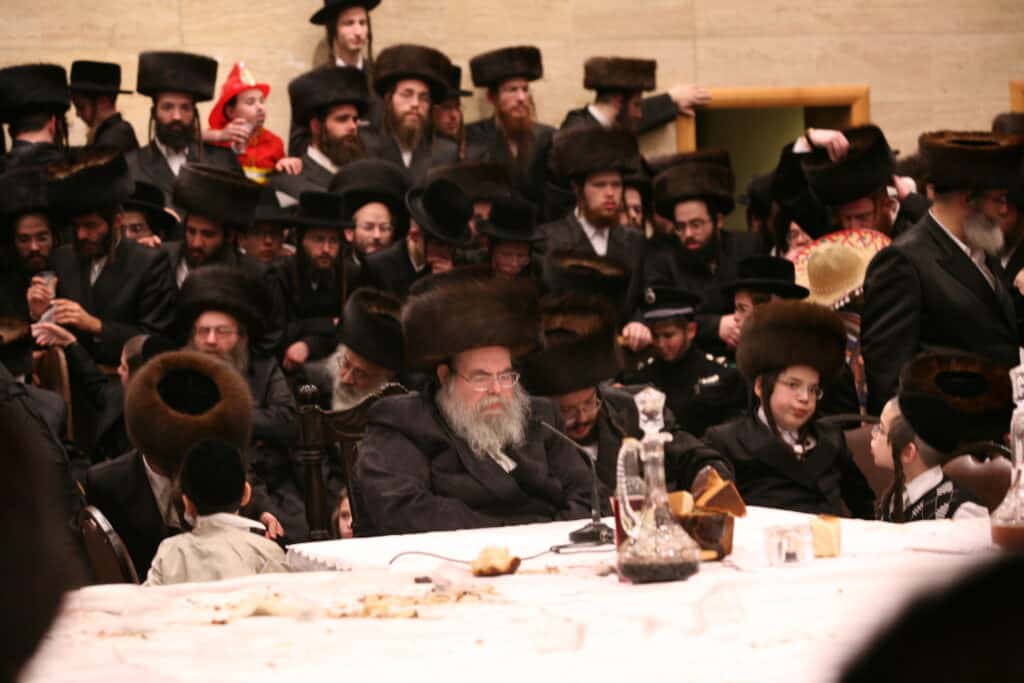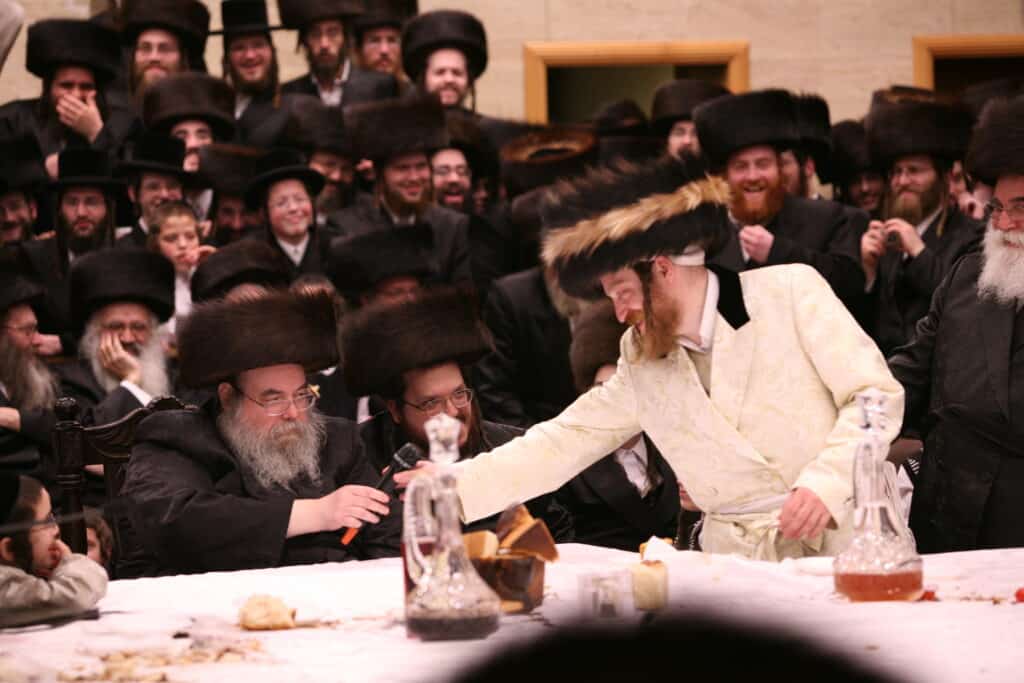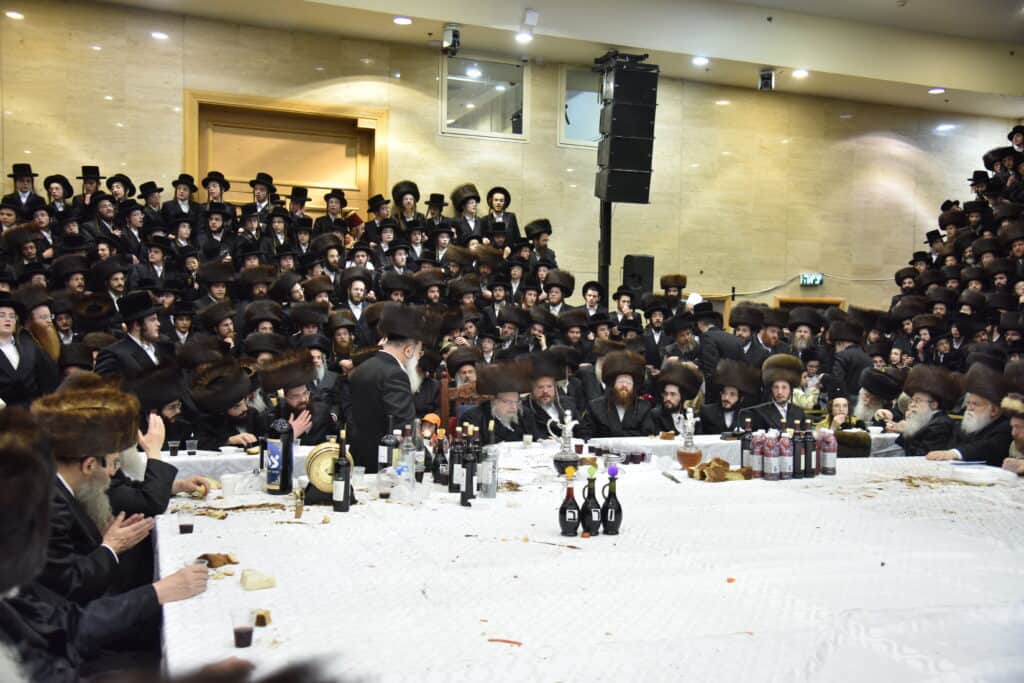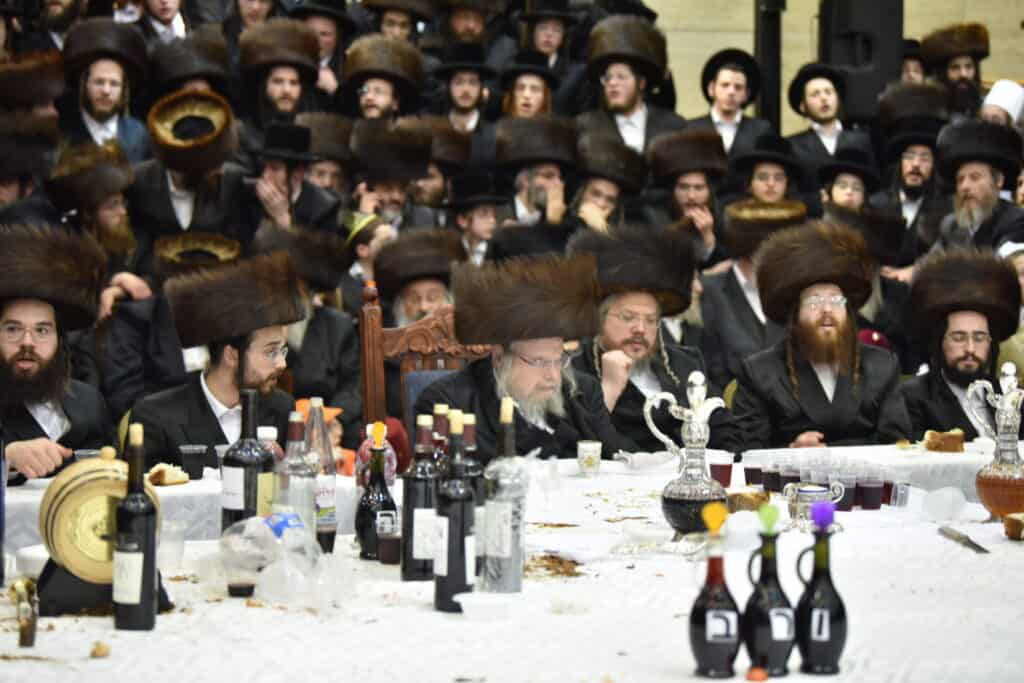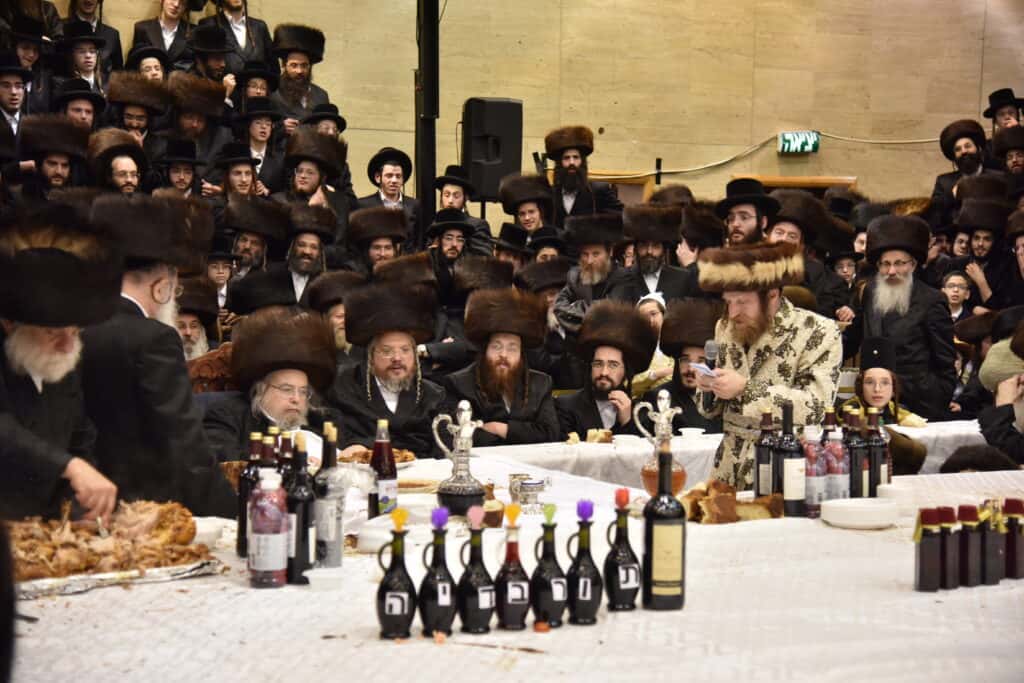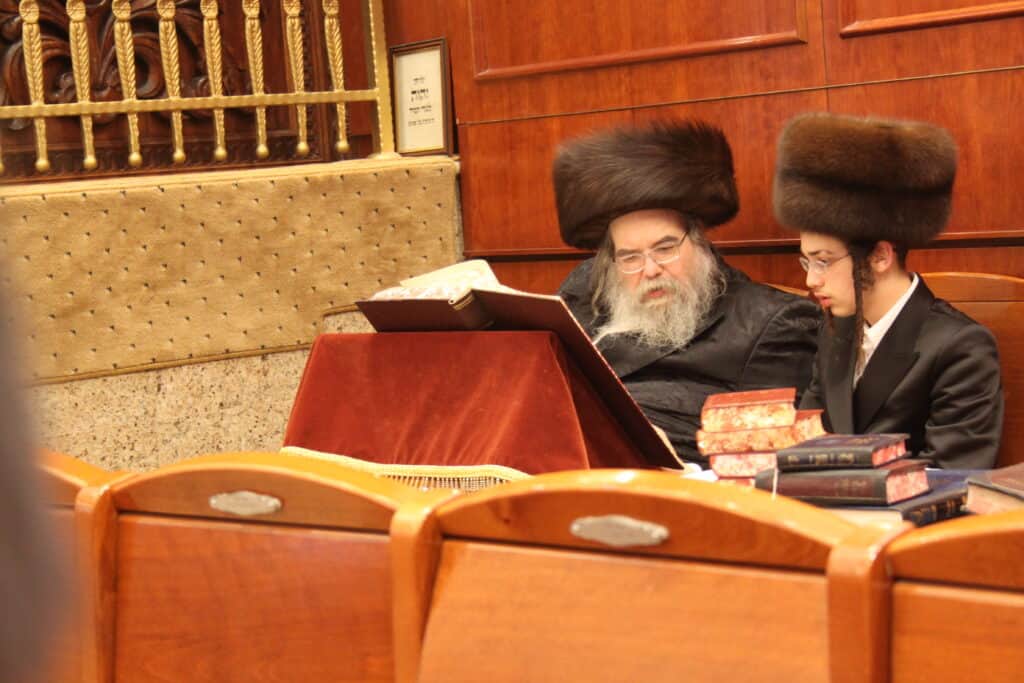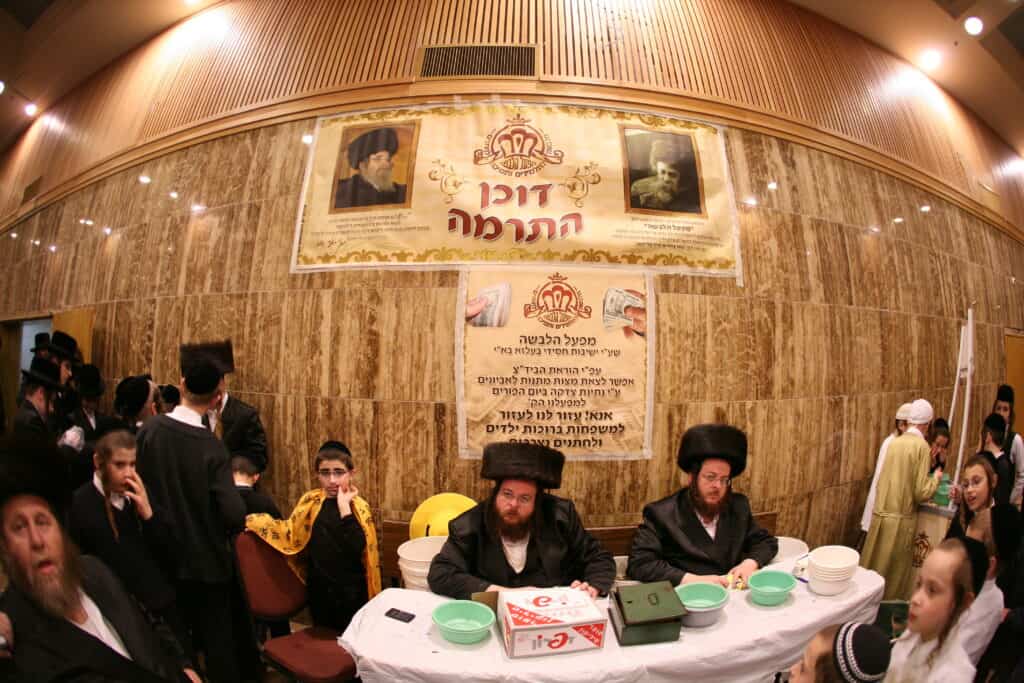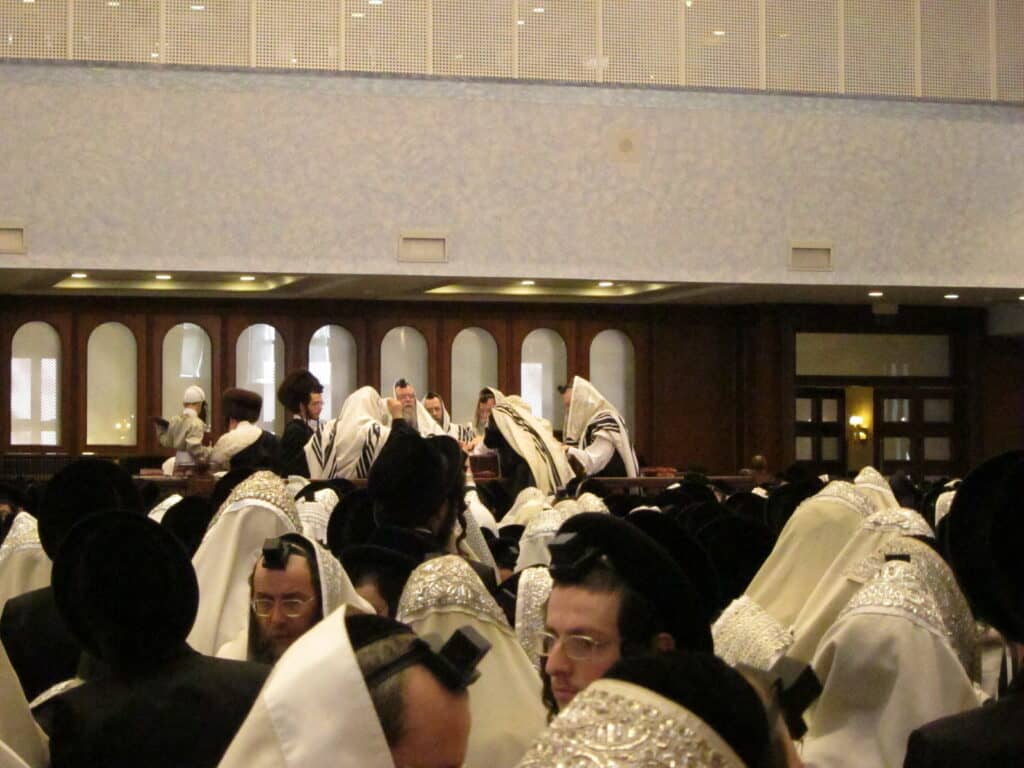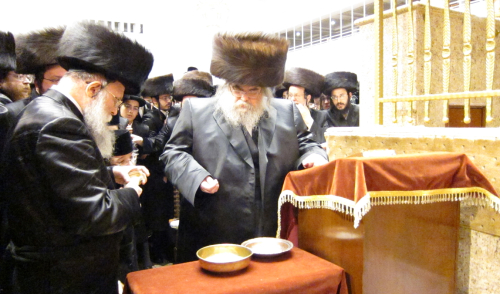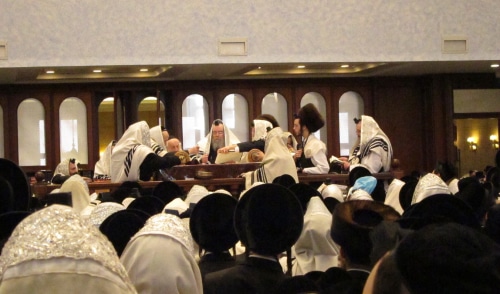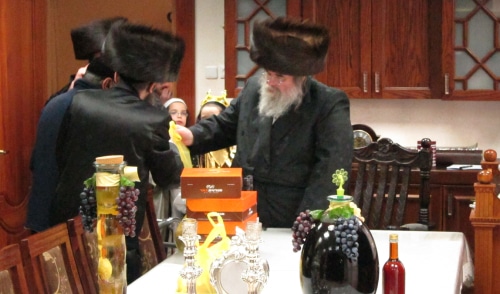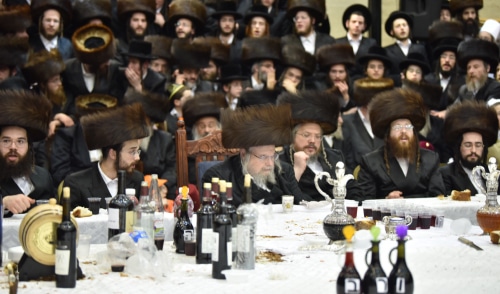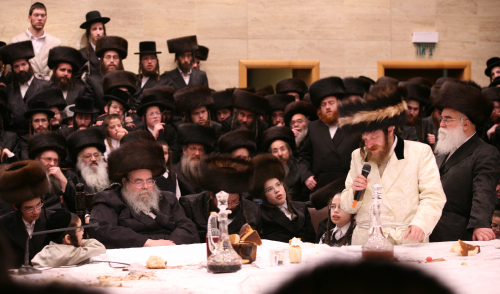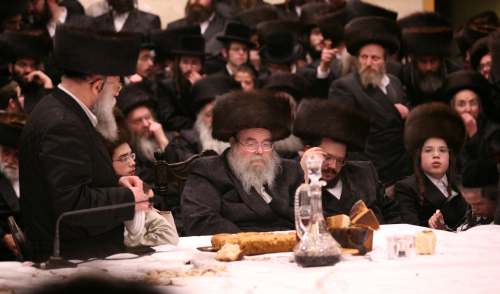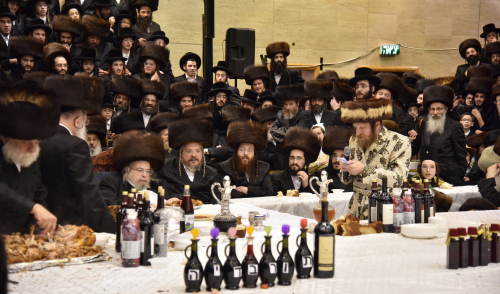
Purim
The Celebration of Jewish Survival
י”ד אדר / March 24, 2024

WHAT IS PURIM?
The 14th of Adar is one of the most spiritual Jewish holidays (and the most fun one too!)
Purim means lots (yes, just a little gambling chits). It got its name from the actions of one wicked man named Haman, who threw lots to see what day to use to destroy the entire Jewish nation.

Purim in Jewish History
At the time of the Purim miracle, the Babylonians were gone, replaced by the Persian/Mede Empire. King Achashverosh, a common stable boy, had risen to power through brute force and by marrying the last princess of the previous empire. The Jews had a prophecy that after seventy years in exile, they would be returned to Eretz Yisroel, their homeland. The 70 years are winding down at the time the Purim story begins.
King Achashverosh decides to throw a lavish party because, according to his calculations, the 70 years are up, and the Jews are still in exile. He thinks downtrodden Jews are a cause to celebrate. He invites the Jews to his party to gloat over their continued pain and takes out the vessels captured from the Beis Hamikdash to degrade the Jews even more. The Jews attend despite Mordechai HaTzadik’s protestations.
At the party, Achashverosh, in a drunken rage, has Vashti the Queen assassinated. When he wakes up, he is lonely. Girls from all over the world are brought to him, and among them is Esther, the orphaned niece of Mordechai. Esther is the girl Achashverosh decides will be the new Queen, and she doesn’t tell him she is Jewish. Hashem always prepares salvation before the painful problem. Esther becomes Queen, put into place to save the Jews, even before their lives are threatened.
Interlude: Mordechai HaTzaddik overhears a plot between Bigsan and Seresh in which they plan to kill the king. Mordechai alerts Esther who alerts Achashverosh. The king is saved and has Mordechai’s act inscribed in a book called the “ספר הזכרון – Book of Remembrances,” where the king keeps tabs on who helped him.
Rise of Haman: Haman becomes powerful, second to the king. He enforces a rule that all must bow to him. Everyone quakes in fear of him, but not Mordechai. Haman decides to kill Mordechai…and the entire Jewish community. He gets Achashverosh’s approval, throws lots to decide on a day to kill all the Jews, and even gets the royal signet ring to do as he pleases.
Jewish Repentance: Mordechai tells Esther she is to be the savior of the Jews. He assembles the Jews and helps them repent. Esther invites Achashverosh and Haman to a party. The wheel of power starts turning badly for Haman. Achashverosh remembers Mordechai saving his life and makes Haman give Mordechai honor.
At a second party that she hosts for Achashverosh and Haman, Esther reveals she is Jewish and asks that her nation be saved. Haman is hanged for trying to kill the Jews. Mordechai rises to Haman’s post. The Jews are permitted to defend themselves..and do so brilliantly and successfully. When the fight is over, it is Purim Day, and the Jews celebrate by eating, sending gifts…and promising to accept Hashem’s will with happiness and complete commitment and to be a unified nation. Since Purim is a time of joy and acceptance, making it the holiest of days for the Jewish nation.

MITZVAHS OF THE DAY
There are 4 “מ” mitzvahs – main observances required on Purim

מגילת אסתר
Megilla Reading
We need to hear the reading of Megillas Esther (from a kosher scroll) twice, once at night and once during the day. We do this before the other Mitzvos of Purim.

משלוח מנות
Mishloach Manos
We need to send two food items to ONE friend. The food in the Purim gift basket has to be ready-to-eat. Mishloach Manos promotes unity and good cheer.

מתנות לאביונים
Matanos L’evyonim
We need to give money to two poor people. Here’s your chance to donate towards Belz Institutions In Israel’s Torah, outreach, and support networks.

משתה
Mishteh
We need to have a festive meal, also sometimes referred to as the Purim Seudah. Basically, you are commanded to eat and be merry. Go ahead, plan your Purim party.
FULFILL YOUR MITZVAH OBLIGATIONS OF THE DAY
ADDITIONAL PURIM CUSTOMS
Costumes
To show Hashem “masked” Himself in the story and Yidden saw through the Mask and found Hashem behind the film of events.


Drinking Wine
Chazal say “One should drink on Purim until he can “no longer distinguish between ארור המן לברוך מרדכי – cursed is Haman and blessed is Mordechai”
Hamantaschen
A traditional Purim pastry where the goodies is hidden depicts the story where Hashem’s good was hidden amidst the complexities.
Haman’s hat was shaped like a ‘hamantaschen’.

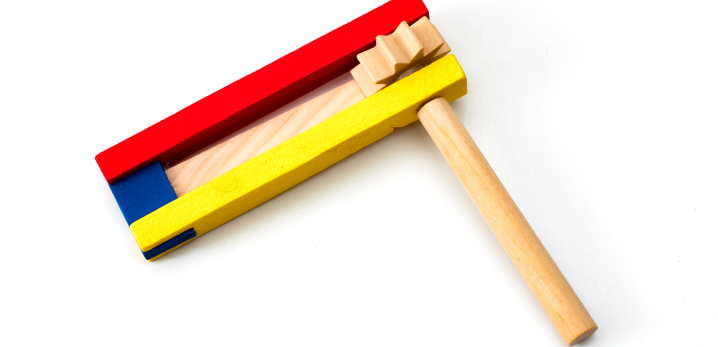
Gragger
When Haman’s name is mentioned in the megillah, we whirl around this noise making tool to drown out the sound of his name.
PURIM- ONE OF THE HOLIEST DAYS OF THE YEAR

PURIM IN BELZ
divrei torah
purim stories

INSPIRE YOUR INBOX.
Enjoy a weekly dose of Chassidic insights, highlights and happenings at Belz.

